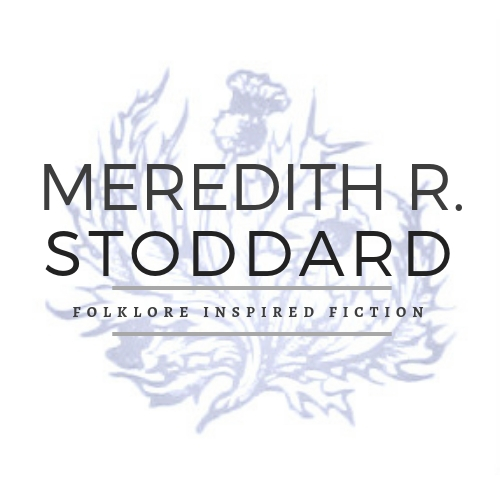An interview with John B. Campbell
/I recently had a chance to pick the brain of fellow author, John B. Campbell. John's book Walk To Paradise Garden is a heartwarming story full of wonderful characters. I highly recommend it. It's available on Amazon and Smashwords, also in paperback. MS: What got you started as a writer?
JC: In the late ‘90s, I ran into an author drought where I couldn’t find anything that really captivated me, so I started to fill that void by writing. I’ve since found a number of authors that I now enjoy, but I continue to write.
MS: What inspired you to write Walk to Paradise Garden?
JC: A basic concept began when I was reading the biography of Arturo Toscanini. I marveled at the breadth of his life span. He was around to interact with Verdi, to have conducted orchestras in the presence of the last Czar and his family; he lived through world wars and up to the birth of rock and roll, including Elvis Presley’s televised gyrations. That last bit probably did him in.
I knew I wanted my main characters to somehow foster benevolence, so I made John and Evelyne Armitage philanthropists. Specifically, they work at equipping unfortunate children for life. You can imagine how this opened up opportunities for plot direction.
I find the events surrounding 1914 to be fascinating—such dramatic changes ensued. And the era generally carries a good degree of romance. So, I began the life journey of this couple right in the thick of the war. To be consistent with their ideals, I made John a stretcher-bearer and Eveylne a nurse. This provides a unique view of the Front. I enjoyed taking the tale through 1930s Paris and its underground organizations. I also wove in a Gosford-Park-like whodunit in Sussex, not just for fun but also for foreshadowing. This particular section might remind some of Downton Abbey, as well.
I had to introduce conflict, of course, and this drove the story to completion.
I should add here that I don’t plot out my stories ahead of time. I wish I could, but I can’t generate a convincing plot that way. So, I have to simply place my fingers on the keyboard and let it flow.
Finally, there is an intermezzo by British Composer Frederick Delius. Its title has the same name as my novel . . . well, the intermezzo is actually: The Walk to the Paradise Garden. I was not guided by its purpose in the opera where it is found but by the bucolic flavor of the music and its Britishness.
MS: How do you build your characters?
JC: Initially, I see them as they appear in my imagination. This, like a first impression, comes quickly and fairly clearly. I then ponder, research and work out backgrounds and such. I enjoy working with minor characters. Usually, my aim is to make them charming to others, and I try to stop short of making them kitsch.
MS: Tell us, please about the editing process and how the work changes after revisions.
JC: I am fortunate to have a friend, an Auntie Mame type of friend, who comes to my office for read-aloud editing. This process is very effective. And I simply need to ladle her with coffee and treats to keep her coming back—and the coffee lubricates her throat for reading. ( I have to interject that I'm super jealous of this method of working. I want someone like her.)
My time on Authonomy.com was helpful for feedback but not as much as I’d hoped.
As to changes in plot, my experience thus far hasn’t resulted in rerouting rivers so to speak. The plot has remained pretty steadfast throughout. But there were areas where I was telling more than showing and the effect of revising those bits improved the work.
MS: Tell us how you decide what to leave in and leave out.
JC: Even with authors that I enjoy, I have found myself feeling impatient when they drag things out with little effect or are too repetitious. Those feelings guide me in my writing. And I try to apply the sage advice to those long ago vaudeville entertainers: leave them wanting more.
Of course, after the first couple of drafts, and with the helpful input of those offering feedback in mind, I end up having to eliminate things that I like but which are getting in the way of the story. With Walk to Paradise Garden, I have eliminated close to 5,000 words over its production.


